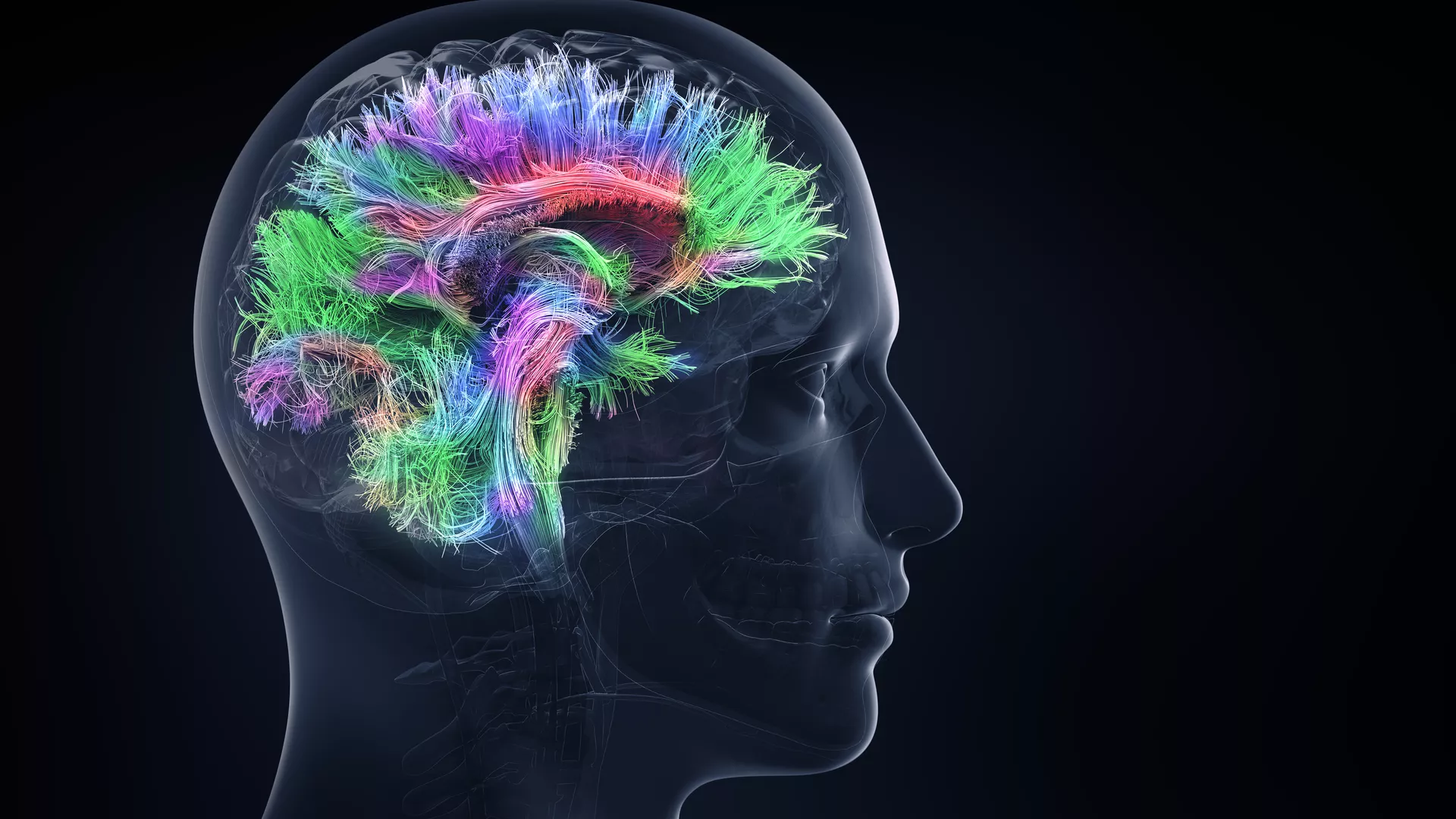A new study protocol aims to evaluate the effectiveness of electroacupuncture (EA) in treating insomnia associated with generalized anxiety disorder (GAD). GAD is a common mental health condition marked by persistent and excessive worry, tension, and fear, leading to significant distress for those affected. Sleep disturbances, particularly insomnia, are prevalent among individuals with GAD and can worsen anxiety symptoms.
The study, conducted by researchers at Longhua Hospital and Shanghai University of Traditional Chinese Medicine, will include 84 participants diagnosed with insomnia linked to GAD. Participants will be randomly assigned to receive either electroacupuncture sessions or sham acupuncture over eight weeks, with three sessions each week.
The primary measure of effectiveness will be the change in Pittsburgh Sleep Quality Index (PSQI) scores after eight weeks. This tool assesses sleep quality and disturbances, which will help quantify the impact of EA on sleep. Additionally, the study will utilize the Hamilton Anxiety Rating Scale (HAMA) and the Insomnia Severity Index (ISI) to evaluate changes in anxiety levels and insomnia severity. Participants will also maintain sleep diaries and undergo actigraphy assessments to track their sleep patterns.
Other metrics will include the 12-item Short-Form Health Survey, which evaluates overall health status, and monitoring the weekly use of sleep medications to assess dependency on pharmacological treatments.
The researchers aim to establish whether EA can improve sleep quality and reduce anxiety symptoms, ultimately enhancing patients’ quality of life and decreasing reliance on medication. This study addresses a significant gap in high-quality randomized controlled trials evaluating EA’s efficacy and safety in this context.
The clinical trial has been registered with ClinicalTrials.gov under identifier ChiCTR2400083326 and adheres to the SPIRIT 2013 guidelines for clinical trial protocols. The outcomes of this research could provide essential data on non-pharmacological treatments for insomnia related to anxiety disorders, which affect millions worldwide.
This study is expected to contribute valuable information to the field of mental health, particularly regarding integrative approaches to managing anxiety and sleep disorders. By focusing on a practical treatment option like EA, the research aims to offer alternatives to conventional medication, which often carries side effects and varying efficacy levels.



